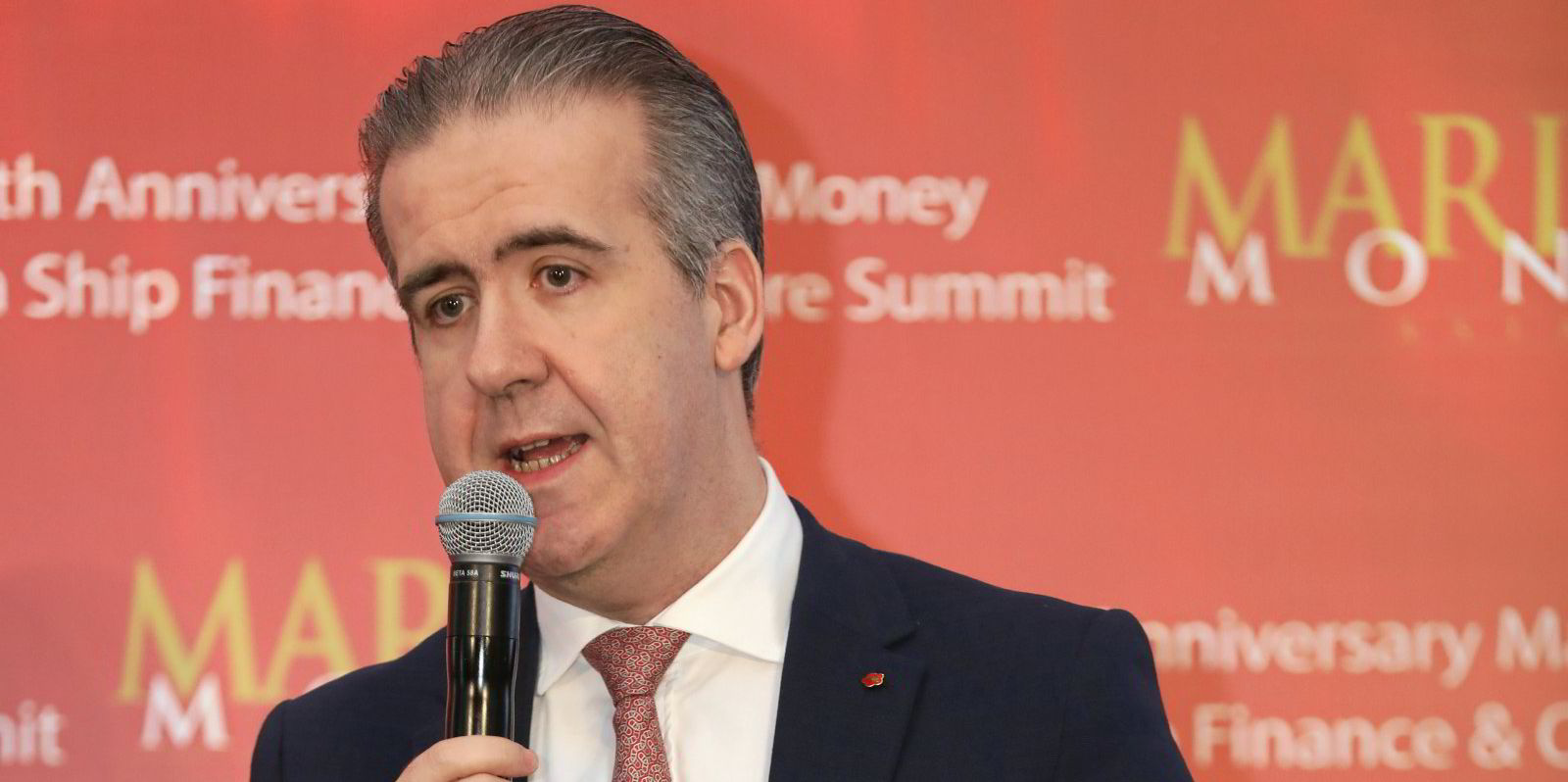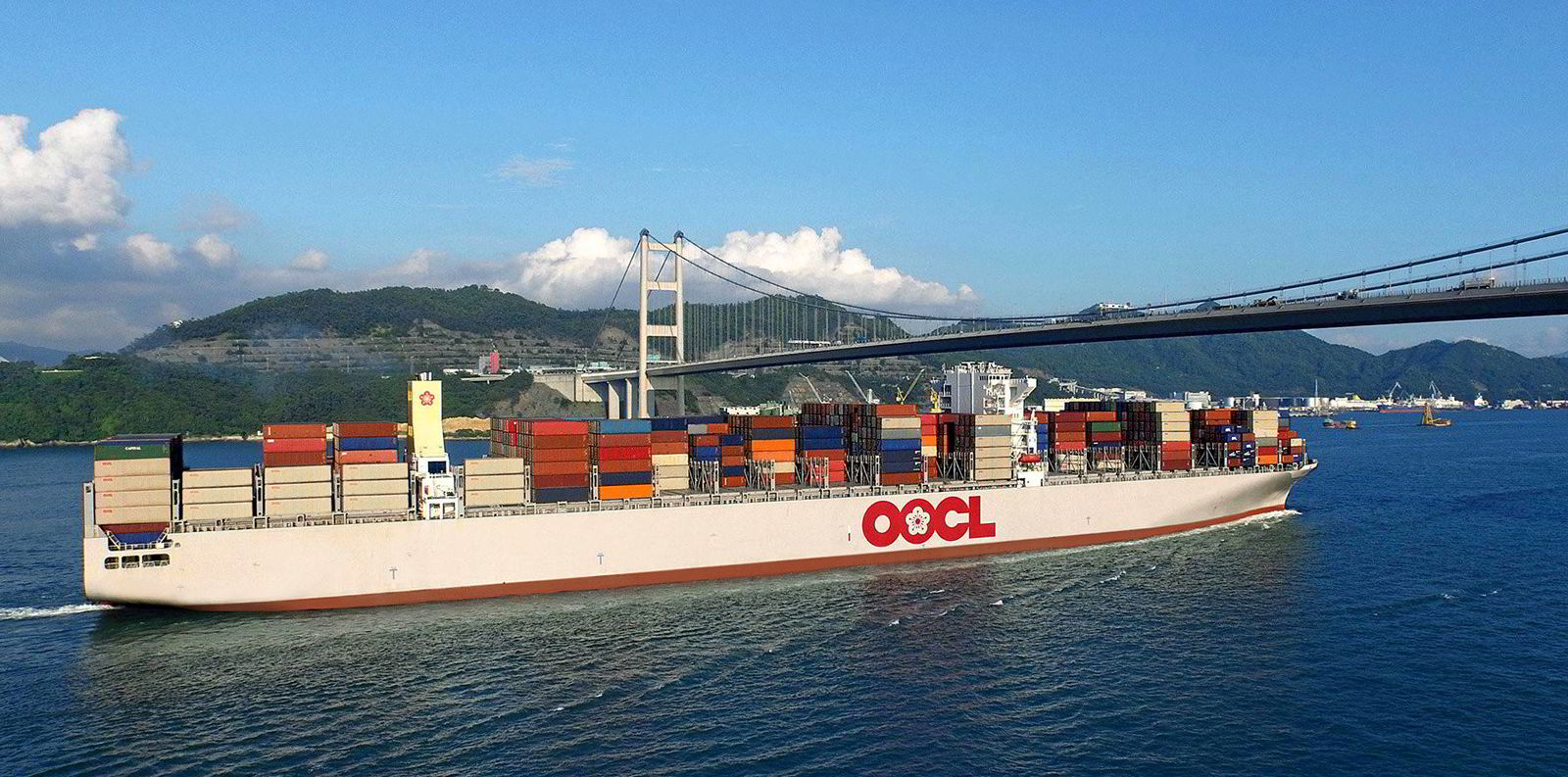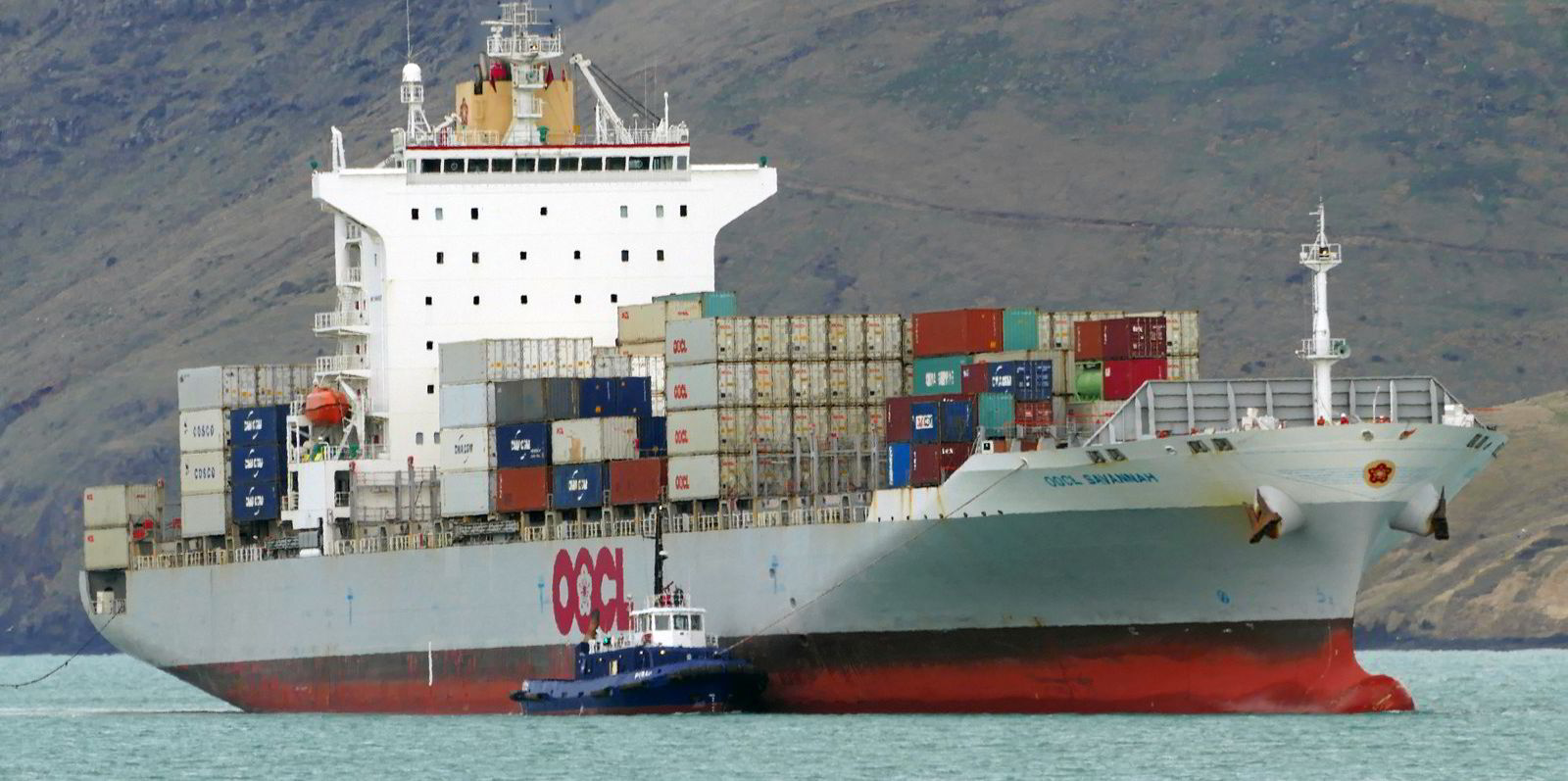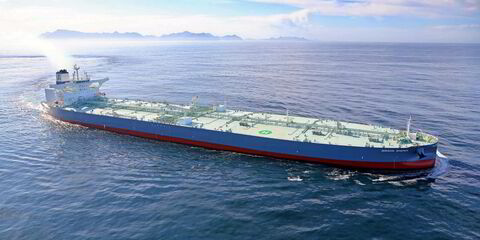Containership capacity is at maximum deployment, and there is no further tonnage that can conceivably be injected into the system, a top industry executive has warned.
“Every ship that can work is on the ocean, as well as that every box that people can find is either on the ocean or on its way to or from the ocean,” Michael Fitzgerald, OOCL deputy chief financial officer, told the Marine Money Asia conference.
Fitzgerald said all of the shipping companies are doing “as much as they can to meet the demand that is out there”.
“There is no liquid market for large vessels to charter them in, you simply can’t,” he said.
“I can’t ring up anybody and say 'please will you charter me a 16,000-teu or a 21,000-teu vessel', that market does not exist.”
Fitzgerald said there is only so much that can be done with regards to the current industry problems, because “none of us can conjure up extra ships, or extra boxes overnight”.
“This is not really about a global demand boom," he said. "Yes, demand is very strong in the US, but it is just OK in most other places, it’s not really driven by that.
“It’s driven by effective supply. All those ships are out there, but a lot of them are not doing anything. The 50 of them sitting outside of Los Angles and Long Beach is a great example.”
Fitzgerald said there are similar congestion points that “come and go” and that as soon as one is solved, “another one crops up in another part of the world”.
“We talk about individual trade lanes and one being better than another, but container shipping is one interconnected system and as soon as you have one blockage that lasts for any amount of time, it will have a knock-on effect all around the network,” he said.
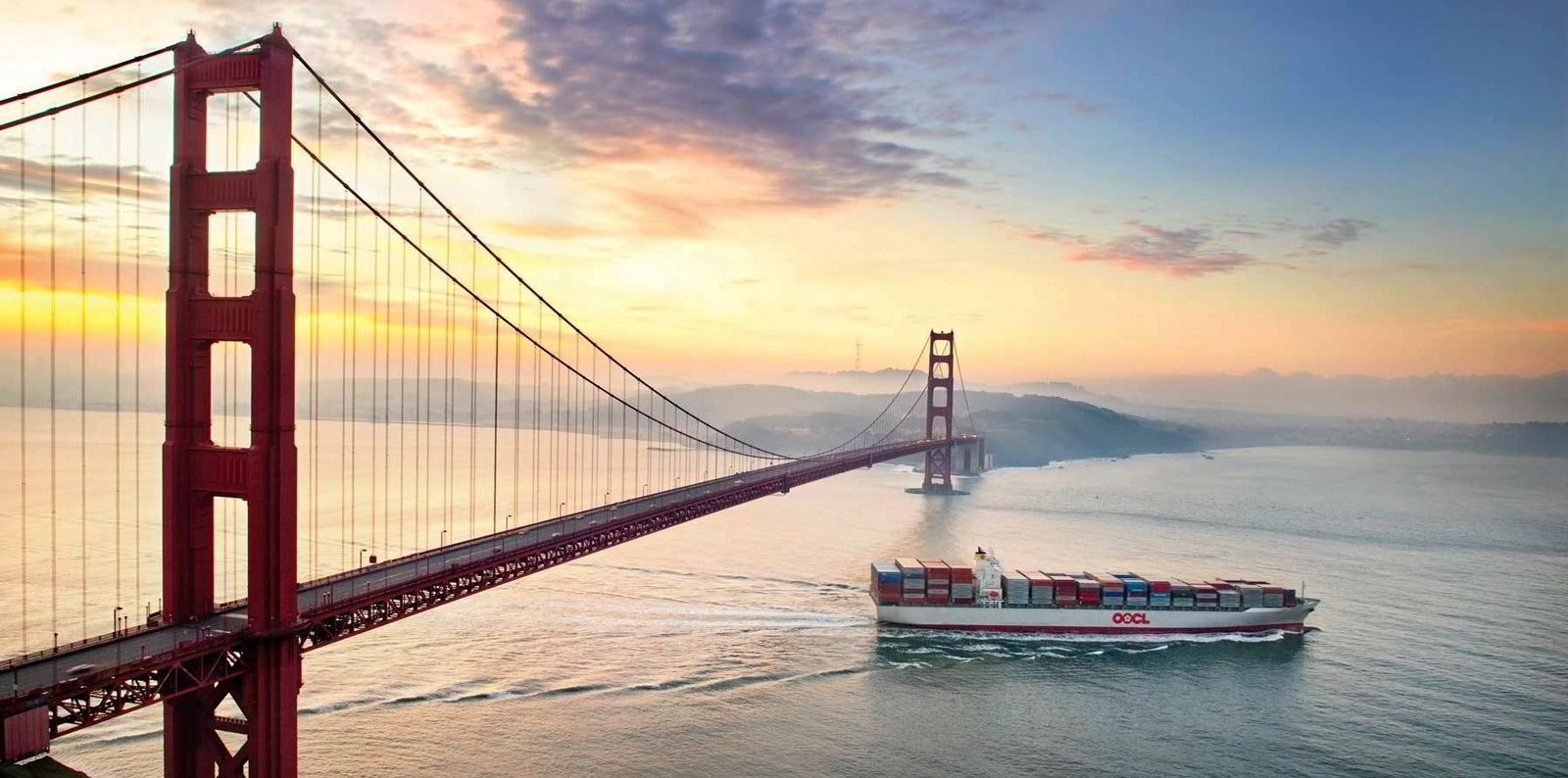
Fitzgerald said OOCL has tried to deal with the situation by focusing as much as possible on “honouring our commitments to our customers”.
“We do have a lot of long-standing contract customers and we try to prioritise them as much as possible,” he said.
“It is an operational challenge to do that because the schedule reliability is moving around all the time because of these delays and operational difficulties.”
However, Fitzgerald said the company has benefitted a lot from its co-operation with Chinese shipping giant Cosco.
“Being part of that larger group, we have been able to take space on Cosco ships, or run additional services with Cosco,” he said.
“We have also laid on direct train services that have run from China to Kaliningrad on the Baltic Sea and then moved across to northern Germany and then connected from there to our transatlantic services, which provides another route to the US for customers who are a bit worried about the levels of congestion you see on the west coast.”
Looking forward, Fitzgerald said he did not know anybody who believes that there are many windows in which the current situation could “slow down or materially change anytime soon”.
“I think industry consensus would say, by about Chinese New Year,” he said. "By around that time we might, conceivably, see a change in the situation and we will adapt to that if and when it comes."
